By Arlahee Ruiz, Principal of NFL-Yet Academy, Espiritu Schools
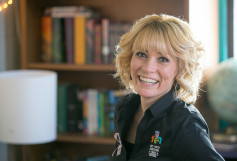
In recent years, I have made strengthening the culture of my school one of the core elements of our plan for success. I wanted to ensure the “family oriented environment” that I was able to experience when I attended NFL YET 17 years ago, would be preserved both now and in the future. I had the privilege of experiencing the warmth of my teachers, administrators, friends, and parents. I was continuously encouraged, protected, and cared for by all during those important formative years. With the same focus in mind, I felt it incumbent upon myself to ensure the “family oriented environment” would remain vivid among both my staff and students. My entire staff contributes to this environment, and in order for them to transmit this communal atmosphere they need to feel a sense of ownership in the school as well. I actively encourage my staff members to participate in the local decision making of the school so that they have a keen understanding of the importance of their roles and how they contribute to the culture. We celebrate each other’s accomplishments as well as embrace each other’s shortcomings. What binds us all together is the undying love we have for the families we serve. It is this unconditional love among the entire school community that ultimately serves as the foundation of our entire body of work and sets the tone for the family atmosphere.
NFL-Yet is a Charter School serving 300 plus students in the South Mountain Community with a focus on instilling servant leadership in their student body. This means that students take a curriculum where they learn to demonstrate the desire, ability, and heart to change the world. Students must demonstrate mastery in leadership formation, community development methodology, and project management. NFL-Yet has a warm family atmosphere where students are encouraged to be both servant leaders and academic champions.
NFL-Yet is a partner school working with Teacher Retention Project to support Special Education Services.
Follow this link to see a video highlighting NFL-Yet and some of their Servant Leaders in action:
https://drive.google.com/file/d/0BxMGet0Etc04ZHNzXzloWUxueW8/view
NFL-Yet is a Charter School serving 300 plus students in the South Mountain Community with a focus on instilling servant leadership in their student body. This means that students take a curriculum where they learn to demonstrate the desire, ability, and heart to change the world. Students must demonstrate mastery in leadership formation, community development methodology, and project management. NFL-Yet has a warm family atmosphere where students are encouraged to be both servant leaders and academic champions.
NFL-Yet is a partner school working with Teacher Retention Project to support Special Education Services.
Follow this link to see a video highlighting NFL-Yet and some of their Servant Leaders in action:
https://drive.google.com/file/d/0BxMGet0Etc04ZHNzXzloWUxueW8/view
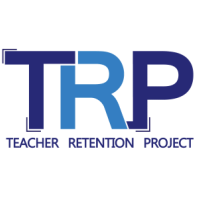
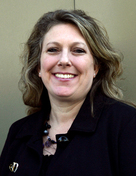
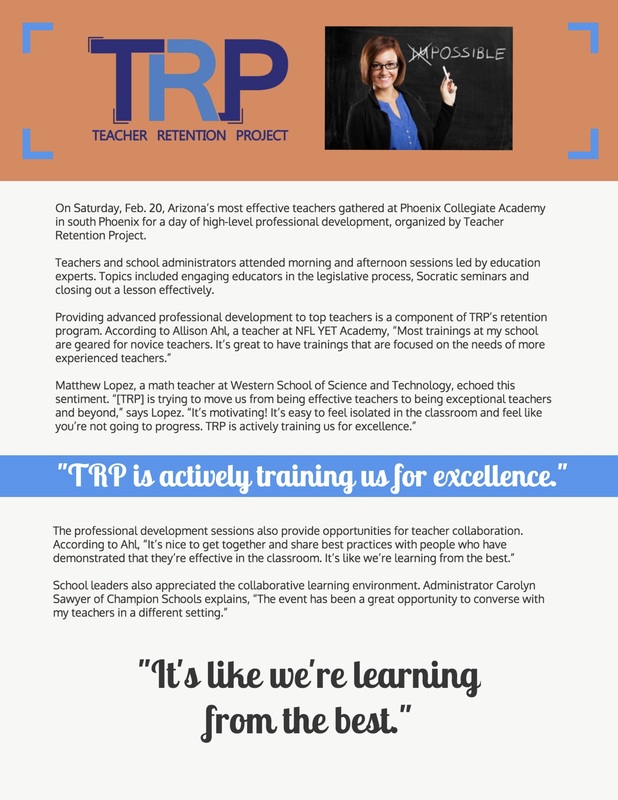
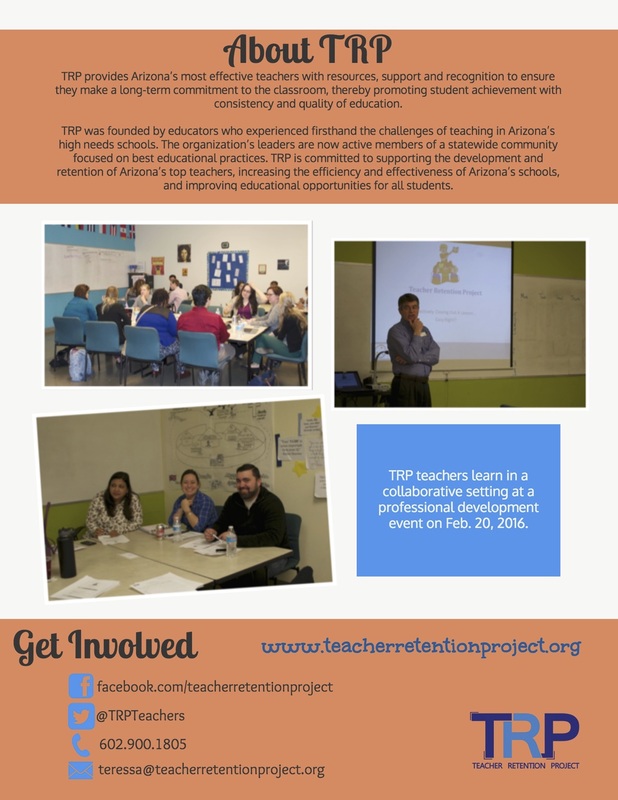

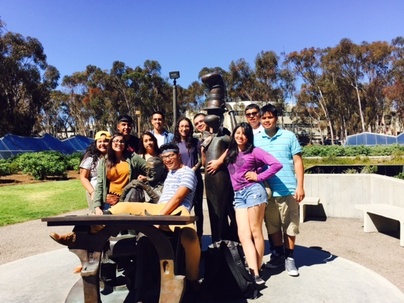
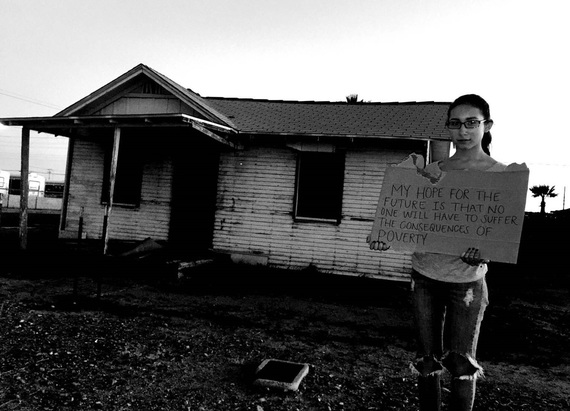
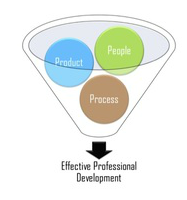

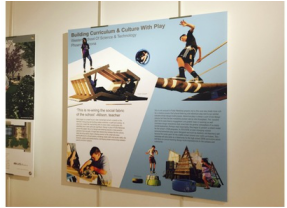
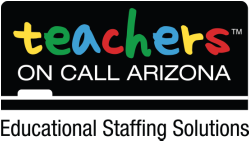

 RSS Feed
RSS Feed